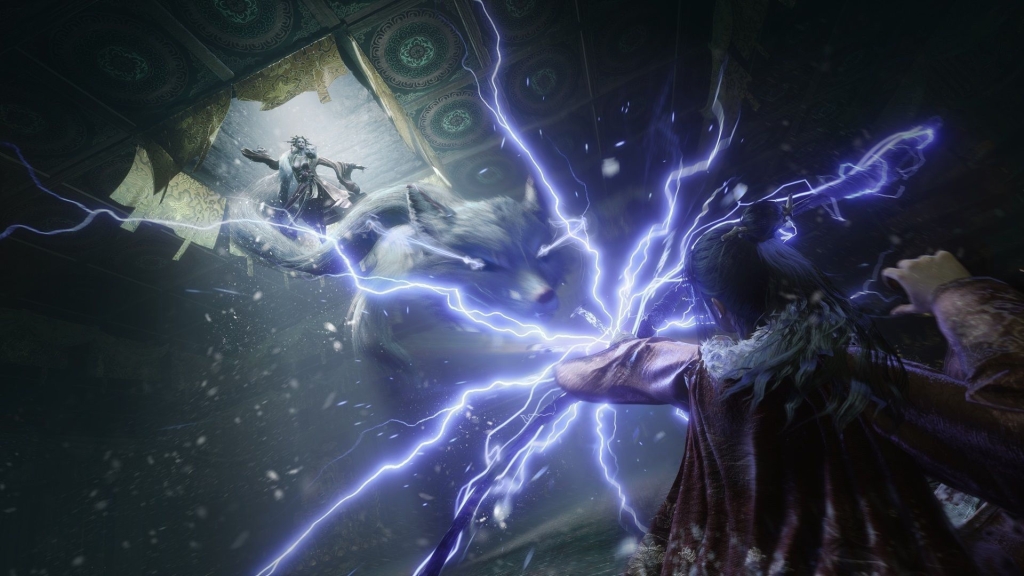Subvert the traditional soul travel! Foreign media take stock of the seven characteristics of domestic soul travel "The Late Ming Dynasty"
Thegamer recently published an article, which included seven characteristics of the domestic soul game "WUCHANG: Fallen Feathers" that are different from similar works in terms of gameplay and settings, and deeply analyzed their uniqueness for players:
1. No need to create a character, the protagonist's identity is fixed
Different to most soul games that provide character creation and origin choices at the beginning, "End of Ming" directly determines the protagonist "Impermanence" for players - a preset character with an independent background and mission. She is not only the core promoter of the plot, but also has an irreplaceable identity in the gameplay.
2. With women as the protagonists, the narrative and gameplay are deeply integrated
Although some soul games also allow players to choose female characters, "The Late Ming Dynasty" truly integrates the female perspective into narrative. The protagonist Wuchang is not only fully armed and has outstanding combat power, but also faces gender injustice in a male-dominated world, showing unique character tension and narrative depth.

3. Flexible and smooth spell system
The release of spells in the game does not require complex pre-sets. You only need to accumulate strength in your hands to cast them. The variety is rich and the effect is significant. Spells can be used simultaneously in dodge, without affecting the rhythm of the battle, greatly enhancing the smoothness and strategy of the battle.
4. Focus on the scarce themes in the late Ming and early Qing dynasties
The game sets the background between the historical stage of the demise of the Ming Dynasty in China and the establishment of the Qing dynasty. This period is extremely rare in the game, especially in soul works. Although it has sparked some discussion on the handling of character motivation and historical endings, it still brings players a fresh historical immersion experience.

5. parry is an optional mechanism, non-forced core
Different to games such as Sekiro, "The Late Ming Dynasty" designs blocking as a learned skill rather than a necessary operation. Players can completely rely on other strategies to pass the level, providing higher degrees of freedom for combat style.
6. Free reset construction, no burden to adjust the genre
The game allows players to reset all skills and attribute points for free, and even replace weapons, completely eliminating the anxiety of "building the wrong build cannot be passed", and encourages players to constantly try new tactics.

7. Creating an original inner demon system, death brings two-way feedback
Each death will accumulate "heart demon value", which will increase the damage while also enhancing the output ability. After the inner demon is full, the player needs to click to defeat his own inner demon at the death to recover the loss. This mechanism transforms death penalty into a high-risk and high-reward gameplay choice, which is extremely innovative.
"The Late Ming Dynasty: The Feather of Abyss" through the above design, while continuing the core experience of the soul, it also incorporates a large number of local elements and mechanism innovations, showing a unique temperament different from traditional soul games.








